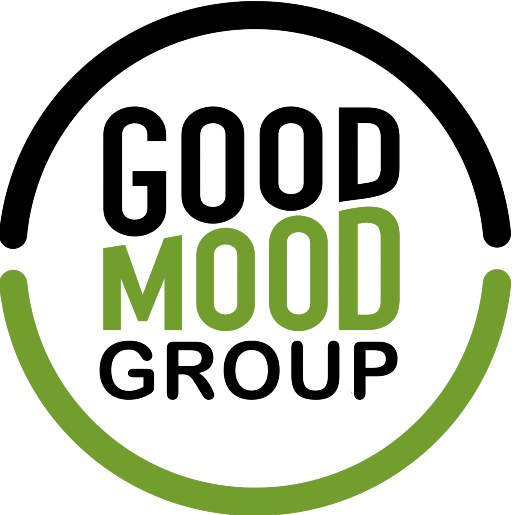1. Could you tell us a little about your career and areas of expertise/interest?
I work as a research fellow and senior lecturer in sleep and circadian health. My research is focused on how sleep and circadian rhythms affect the health of the community as a whole, and my teaching is focused on raising awareness of how important sleep and circadian rhythms are for health and wellbeing. I am particularly interested in how to promote sleep as a healthy habit; the impact of sleep disorders in pregnancy and in women more generally; and also applying circadian science to reducing jetlag.
2. What drew you to this line of work/research in the first place?
I went to uni thinking I would be a physicist! But I found psychology, particularly the ways of thinking and behaving that we all have in common as humans, more interesting. Since I wanted to focus on the things that people have in common, I was not interested in practicing (clinical) psychology, I was interested in how we can improve health for everyone. This is why I went into further study in public health, because it is all about how the environment we live in affects our health. By environment, I mean all aspects of the environment from our culture, values, and institutions, as well as the built and natural environments.
Sleep is a great example of something we all do and have in common, which is heavily influenced byhow much we value sleep, when we sleep, and who we sleep with. As a society, we are just beginning to realise how cultural changes in technology and work hours negatively affect our sleep, but we haven’t yet found systemic solutions to preserve sleep and our health.
3. How do you look after your own physical and mental wellbeing?
I get enough sleep and try to be realistic about what can be accomplished in one day. I know that if I over-work, I will only need to spend the next day recovering, rather than having gained extra time! I have learned to be more consistent in my work patterns and to try and approach life as one long marathon where I’m NOT in a hurry to get to the end.
4. Do you have a favourite post-workout cafe?
I think that question assumes I work out! I’m not a fan of gym-based exercise, but a big fan of walking everywhere and long walks with my dogs. I find that a coffee beforehand helps with my motivation to start and my ability to keep going; but no caffeine is needed afterwards.
5. What is one thing you wish people knew about wellbeing?
There are no secrets and we’ve known what works for a very long time! For sleep for instance, it’s well documented in the Bible – a text that is thousands of years old – that people knew that sleep deprivation was harmful and understood that insomnia was caused by stress and anxiety. They also understood that alcohol can negatively affect sleep while exercise could improve sleep.
We also have more recent evidence from the late 1890s, more than a century ago now, where people lamented in medical journals that there was more insomnia due to “the busy-ness of modern life” but that same comment is often made today. Neither the problems nor the answers have changed; we just need to be better at implementing those boring old answers and stop looking for panaceas.
6. What is one of the most ridiculous things you’ve read or seen about wellbeing that you know to be untrue?
I try not to repeat things that I know to be untrue. Unfortunately with the way that modern media and social media is designed, commenting on untruths only tends to spread them further!
7. Do you have any favourite books, podcasts or websites on health or wellbeing that you’d recommend?
I think reading books and listening to podcasts you actually enjoy is best for wellbeing! I personally enjoy listening to these podcasts:
- No Such Thing as a Fish, in which the QI researchers discuss random facts in a light-hearted fashion
- The Junkees , in which comedians Kitty Flanagan and Dave Hughes talk about and taste-test junk food (everything in moderation!)
- Swindled, in which an anonymous American narrator with a very dry sense of humour talks about white-collar crimes and institutional and regulatory failures
8. What is your top tip for living a healthy and happy life?
Spend time outdoors! Apart from getting natural light that is essential for quality sleep, there’s also a whole wealth of research that shows that seeing and being surrounded by greenery, sky, and water provides people with a sense of restoration. We don’t know why exactly, but surely 50 million years of primates living and evolving in natural environments has something to do with it!
